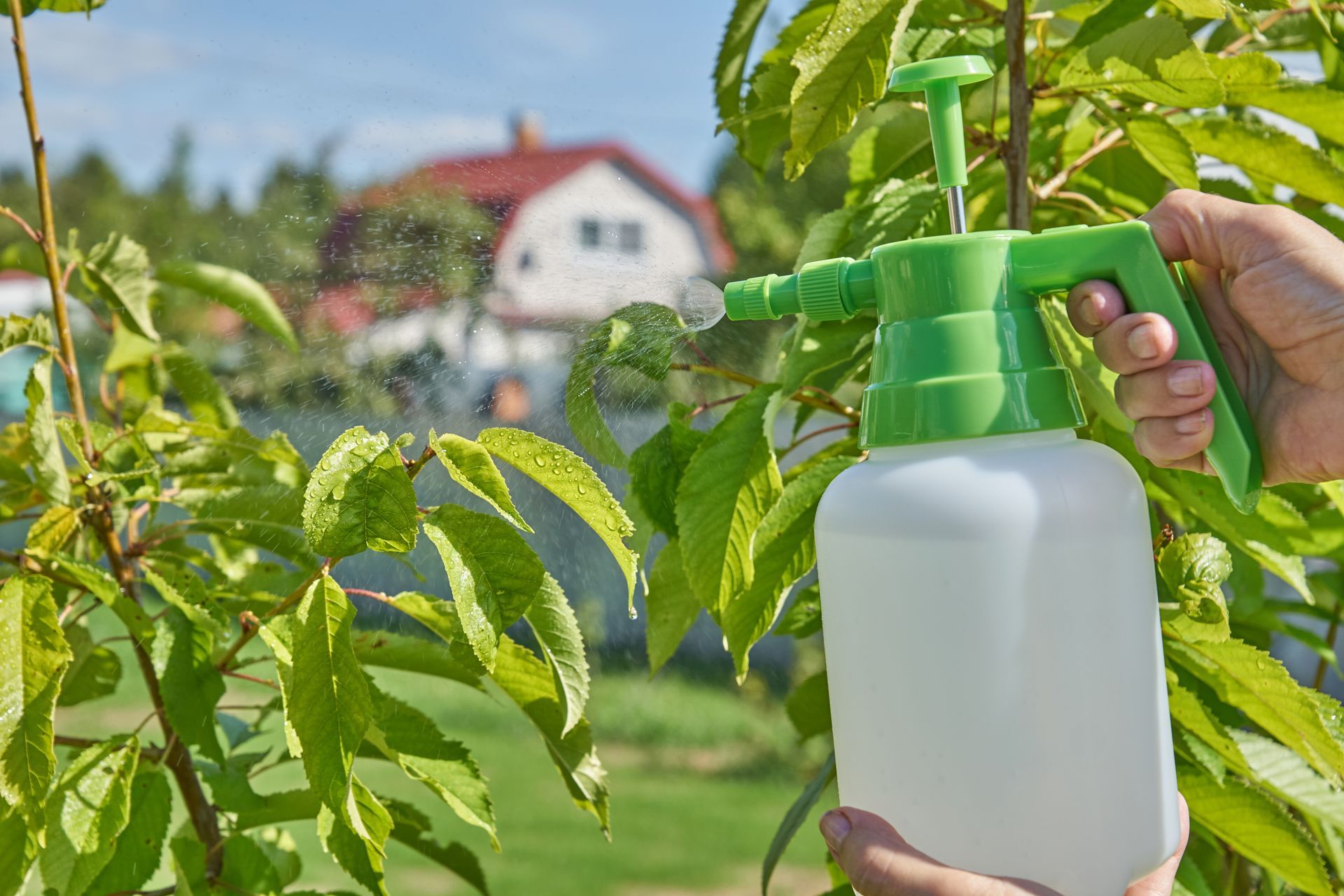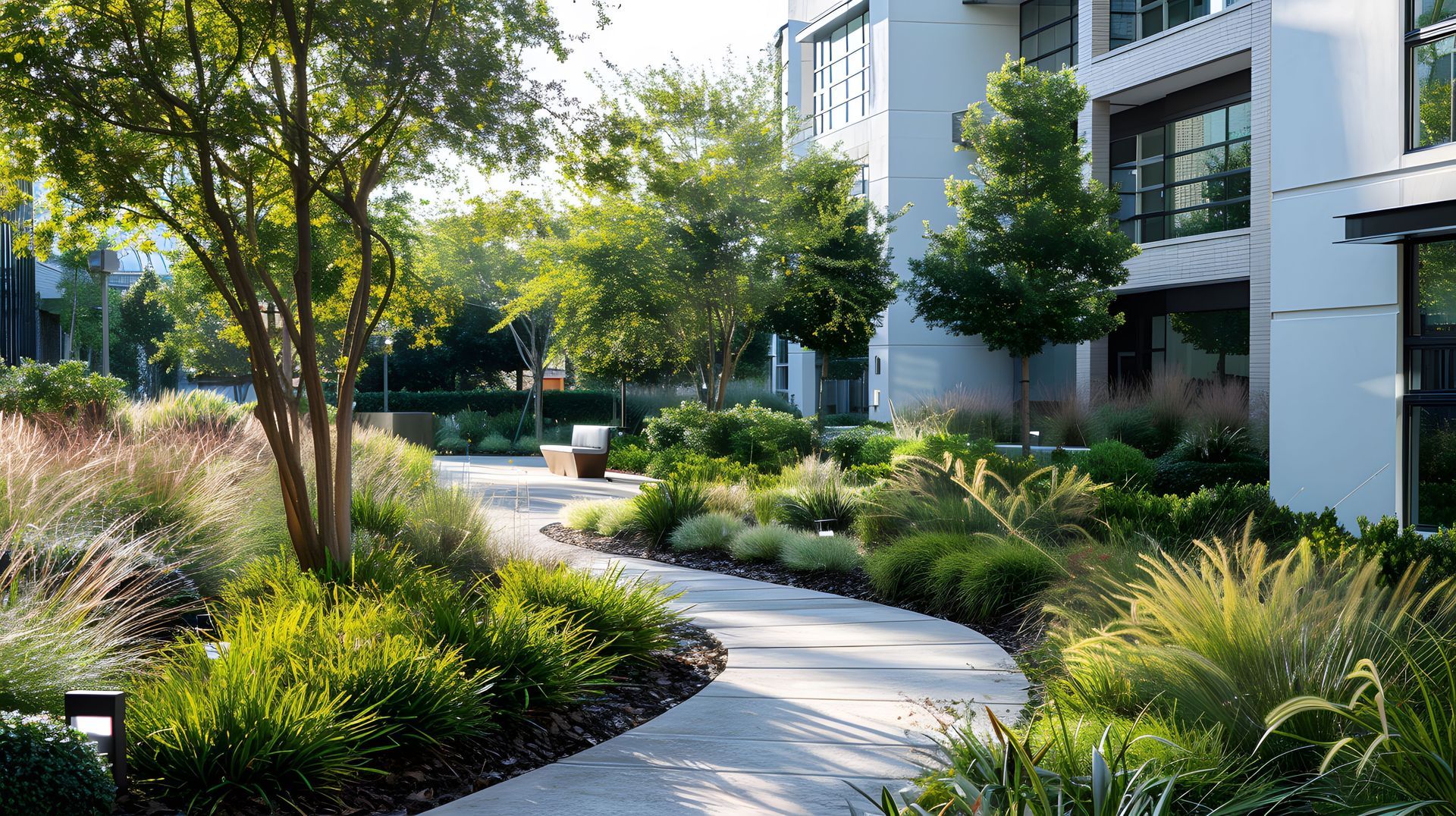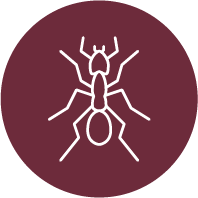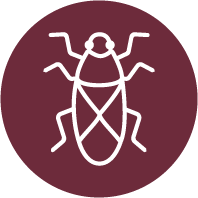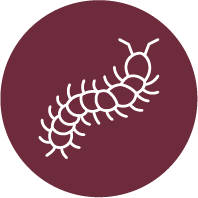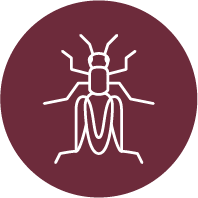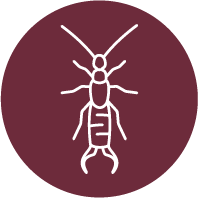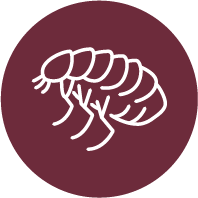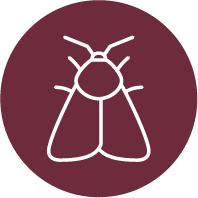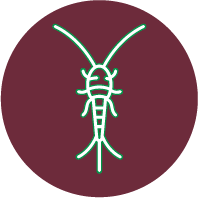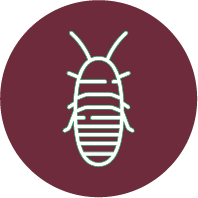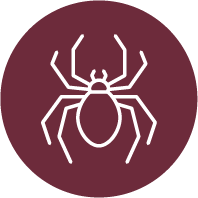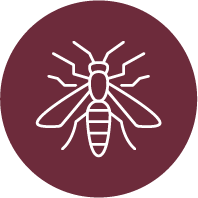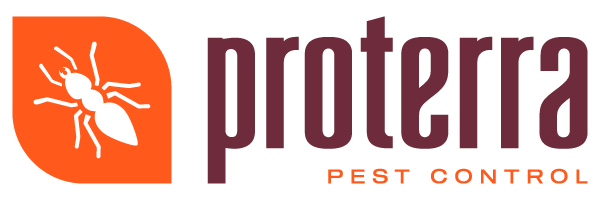Seasonal Pest Threats in Kennewick, WA
Kennewick, WA, is a region characterized by its semi-arid climate, creating unique challenges for pest management. The area experiences a range of weather patterns that significantly impact pest activity. As the seasons shift, so do the behaviors and populations of pests, making it essential for residents to be aware of these changes. Effective pest management requires a strategic approach that considers the specific environmental conditions of Kennewick. By understanding the seasonal threats, residents can take proactive measures to protect their homes and businesses from infestations.
Overview of Seasonal Pest Threats in Kennewick, WA
Kennewick's climate features hot summers and cold winters, creating an environment where
pest activities are closely tied to temperature and humidity levels. These seasonal shifts lead to fluctuations in pest populations, influencing their behaviors and habitats. Recognizing these seasonal threats is crucial for implementing effective pest management strategies, ensuring that homes and businesses remain free from pest-related issues throughout the year.
Winter Pests in Kennewick
During winter, Kennewick residents often encounter pests such as rodents, spiders, and cockroaches seeking refuge indoors. Rodents, including mice and rats, pose significant problems as they search for warmth and food. Spiders and cockroaches also move indoors to escape the cold. To prevent these winter invaders, homeowners should focus on sealing entry points, reducing indoor humidity, and ensuring proper food storage.
For those already dealing with infestations, treatment options include using traps, eco-friendly pesticides, and seeking professional pest control services. These methods help manage pest populations without causing harm to the environment.
Spring Pests and Their Challenges
Spring brings warmer temperatures and increased moisture, creating ideal conditions for pests such as ants, termites, and stinging insects like wasps and bees. These pests become more active, posing challenges for residents and businesses. Effective prevention strategies include removing standing water, trimming vegetation, and conducting regular inspections to identify and address potential infestations early.
Treatment methods for spring pests often involve baiting systems, natural deterrents, and expert pest control intervention. These approaches help manage pest populations while minimizing environmental impact.
Summer Pest Infestations
The hot, dry summer months in Kennewick see an increase in pests like mosquitoes, flies, and stinging insects. These pests thrive in warm conditions, and their reproductive cycles accelerate, leading to larger populations. To mitigate summer pest issues, residents should use insect repellents, maintain clean outdoor areas, and ensure proper waste management.
Treatment approaches for summer pests include targeted spraying, mosquito traps, and professional control solutions. Residents can benefit from understanding the habits and breeding cycles of these pests to implement timely and effective control measures.
Fall Pest Concerns
As temperatures cool in the fall, pests such as spiders, rodents, and occasional invaders like boxelder bugs begin seeking warmth indoors. Preventing these pests from entering involves sealing cracks, maintaining clutter-free environments, and storing firewood away from the home.
Treatment options for fall pests include using natural repellents, mechanical traps, and professional pest management services. These methods help keep homes and businesses pest-free during the cooler months, allowing residents to enjoy the autumn season without unwanted guests.
Expert Insights on Managing Seasonal Pests
Local pest control experts in Kennewick emphasize the importance of tailored pest control plans for each season. By understanding the specific challenges posed by different pests throughout the year, residents can implement effective strategies to manage infestations. Eco-friendly solutions play a significant role in sustainable pest management, reducing the environmental impact of pest control practices.
Adapting to Seasonal Pest Threats
To stay proactive against seasonal pest threats, homeowners and businesses should prioritize regular inspections and maintenance. Partnering with local pest control professionals can provide ongoing support and expertise in managing pest issues. Community awareness and education are also vital in reducing pest-related problems, fostering a collective effort to maintain a pest-free environment.
Cultural and Local Considerations
Local festivals and events in Kennewick can influence pest activity by providing additional food sources and habitats. Agricultural practices in the Tri-Cities area also impact pest populations, as fields and crops can attract various pests. Collaboration with local organizations to promote eco-friendly pest control awareness is essential. Community initiatives and workshops on pest prevention and control can help residents and businesses stay informed and prepared.
Strategies for Year-Round Pest Management
To maintain a pest-free environment throughout the year, residents should adopt a comprehensive pest management plan. This includes seasonal adjustments to pest control measures, regular property inspections, and implementing preventative strategies. Engaging with professional pest control services ensures access to the latest techniques and solutions tailored to the specific pest challenges in Kennewick.
The Role of Technology in Pest Control
Advancements in technology have introduced new tools and methods for pest management. From smart traps to digital monitoring systems, these innovations offer more efficient and precise control of pest populations. Residents and businesses can benefit from integrating these technologies into their pest management strategies, enhancing their ability to prevent and address infestations.
Community Engagement in Pest Management
Building a pest-free community requires active participation from residents, businesses, and local organizations. By working together, the community can share resources, knowledge, and strategies for effective pest management. Community events and workshops focused on pest prevention can foster collaboration and create a supportive network for addressing pest-related challenges.
Understanding the seasonal pest threats in Kennewick is crucial for effective pest management. By staying informed about the specific challenges posed by different pests throughout the year, residents can implement strategies to protect their homes and businesses. Through awareness, prevention, and professional intervention, Kennewick can maintain a healthy, pest-free environment. Continued learning and adaptation to changing pest dynamics are key to successful pest management in the region.
For expert assistance in managing pest threats throughout the year,
reach out to Proterra Pest Control today. Our team is dedicated to providing tailored solutions that address the unique pest challenges in Kennewick.
